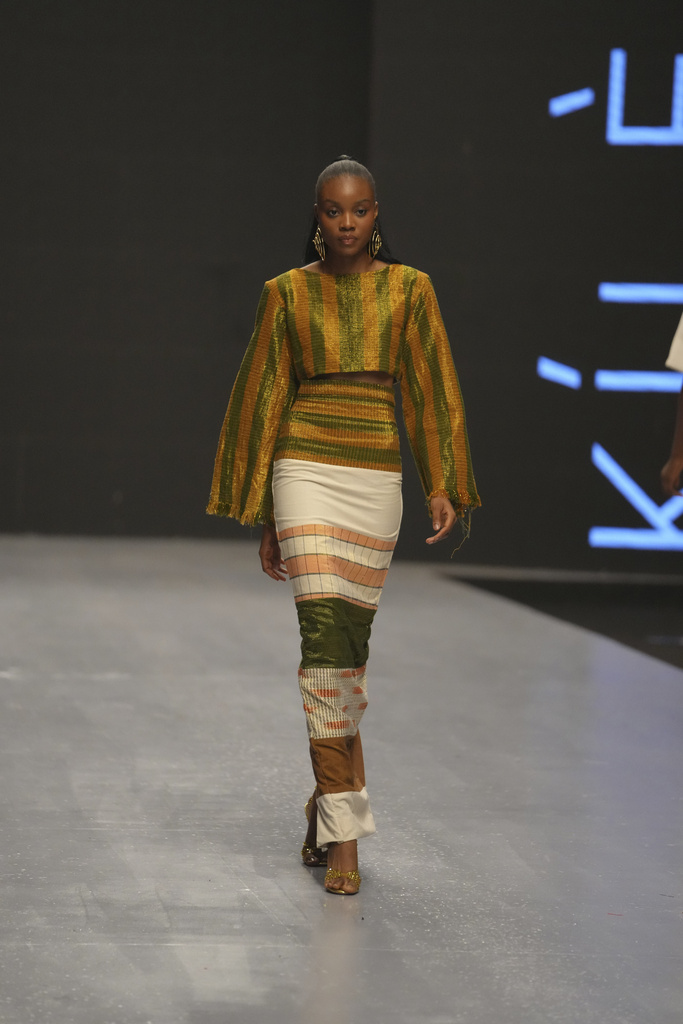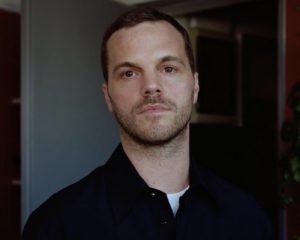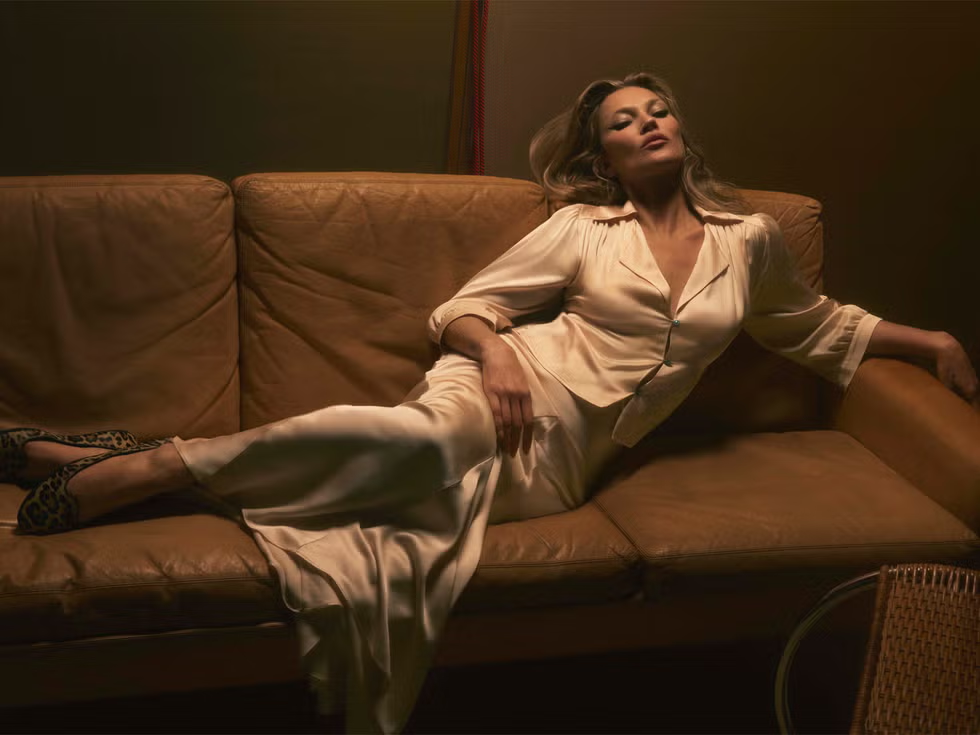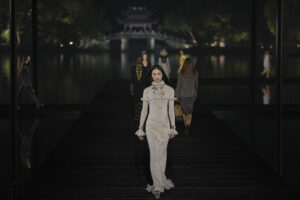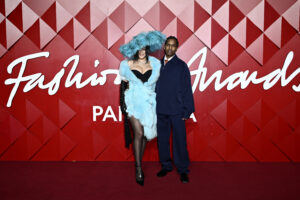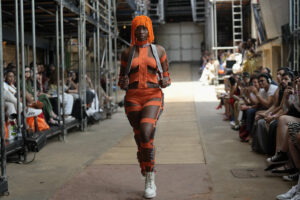Nigeria has emerged as a vibrant hub for fashion in Africa. Its fashion shows attract international acclaim. They draw fashion enthusiasts from all over the world. The country’s fashion scene is rooted in a rich tapestry of traditional textiles, vibrant colors, and bold patterns. This scene has evolved into a dynamic fusion of African heritage and global trends. This blend is celebrated in a variety of high-profile fashion shows across Nigeria. These events highlight local designers. They encourage cultural exchange. They foster a growing industry that significantly impacts the economy and creative sector. Here’s an in-depth look at Nigeria’s fashion shows, their impact, and the unique elements that make them stand out.

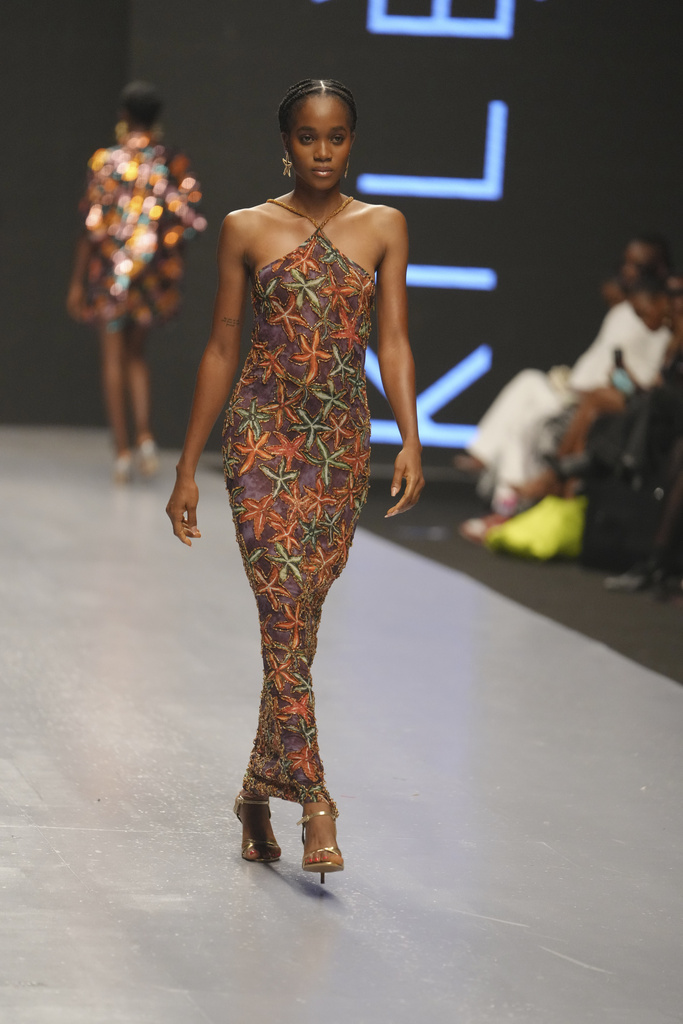
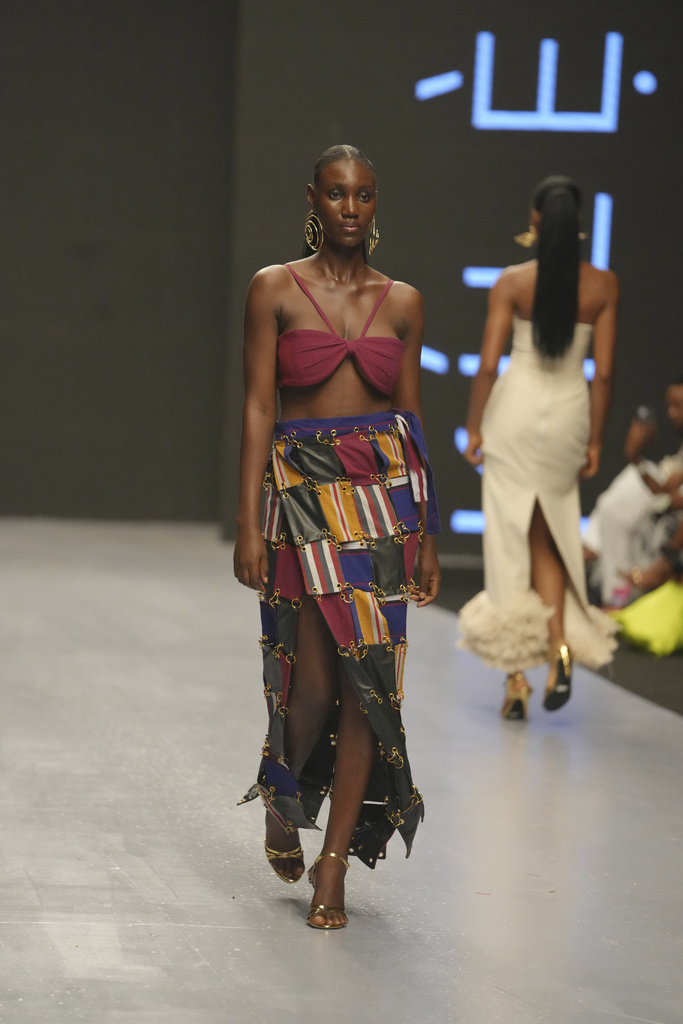
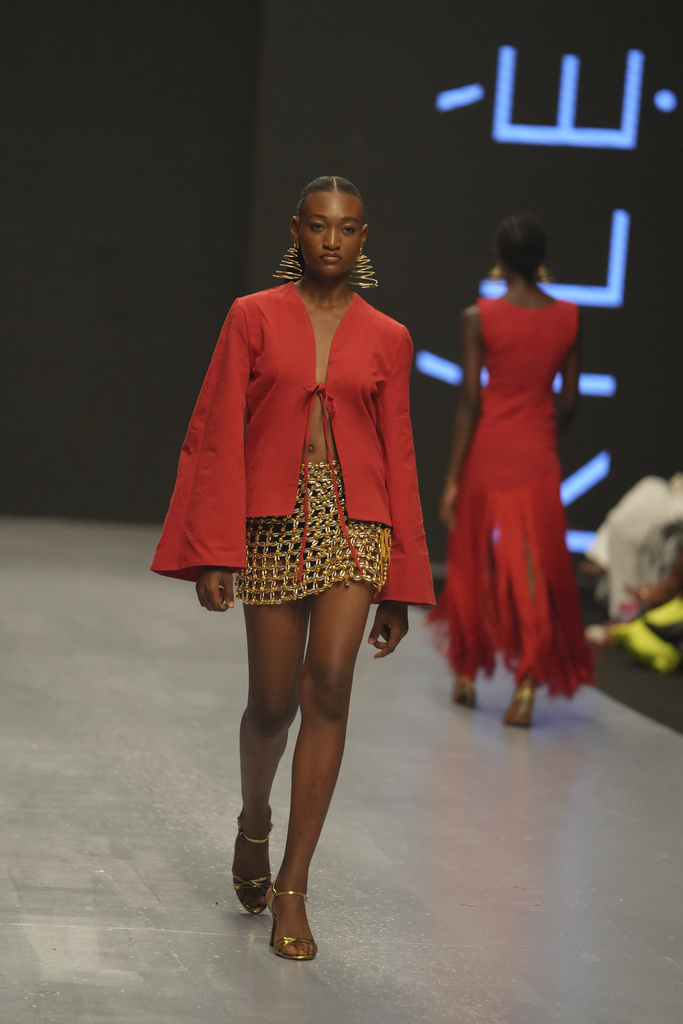
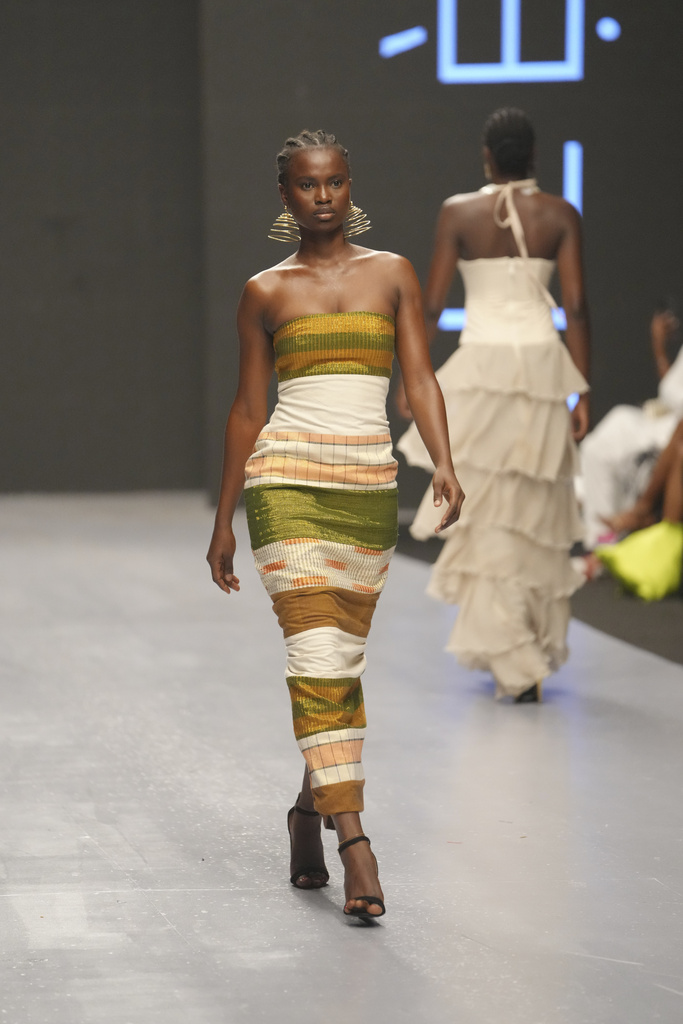
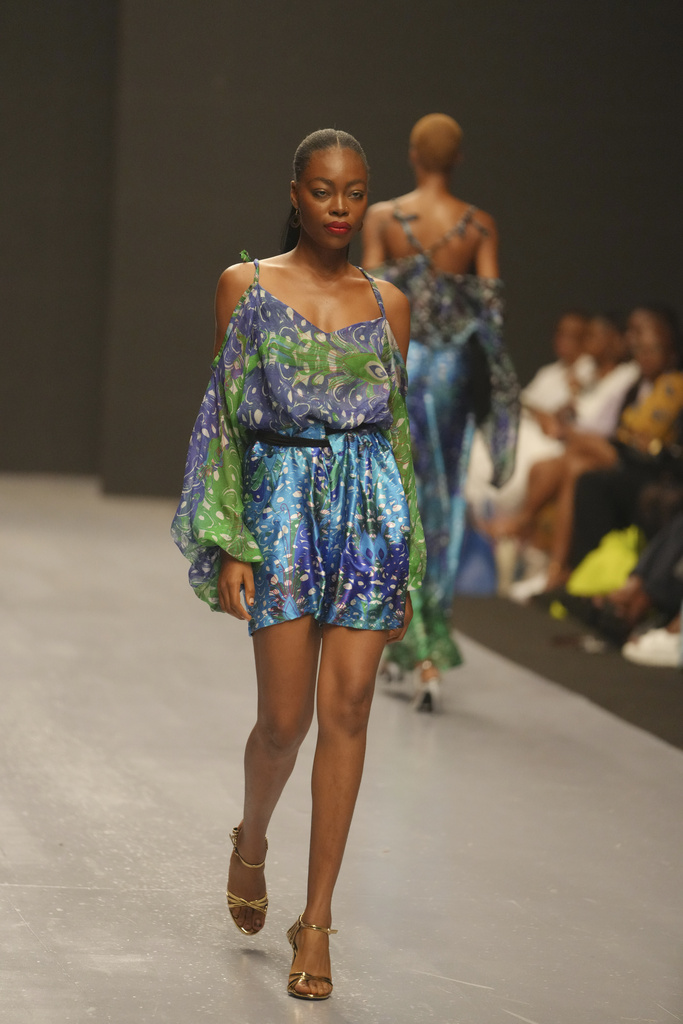
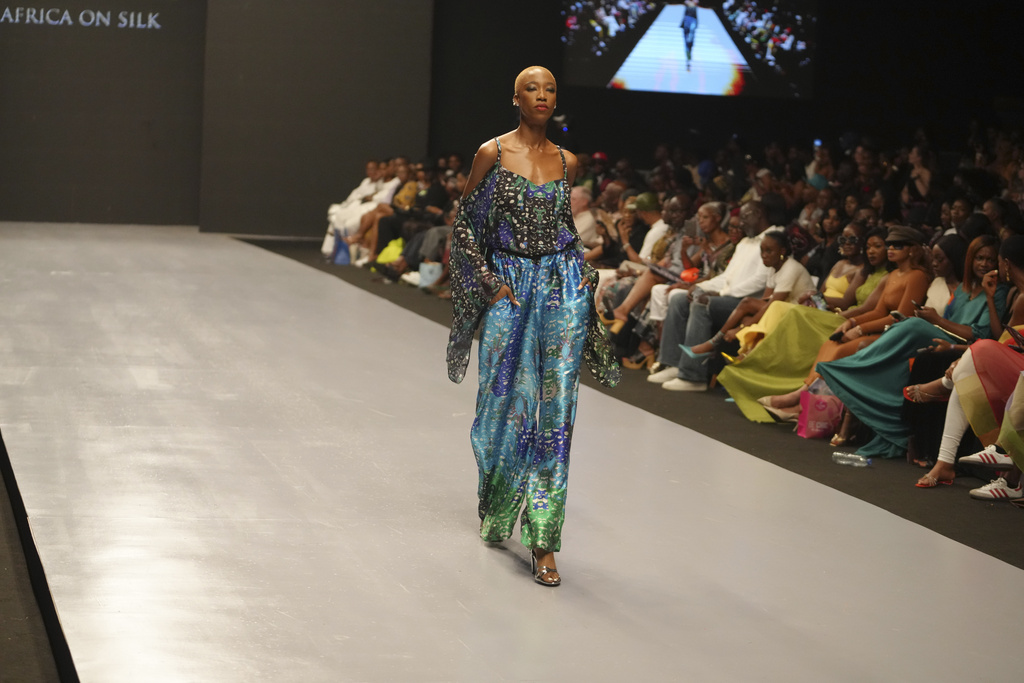
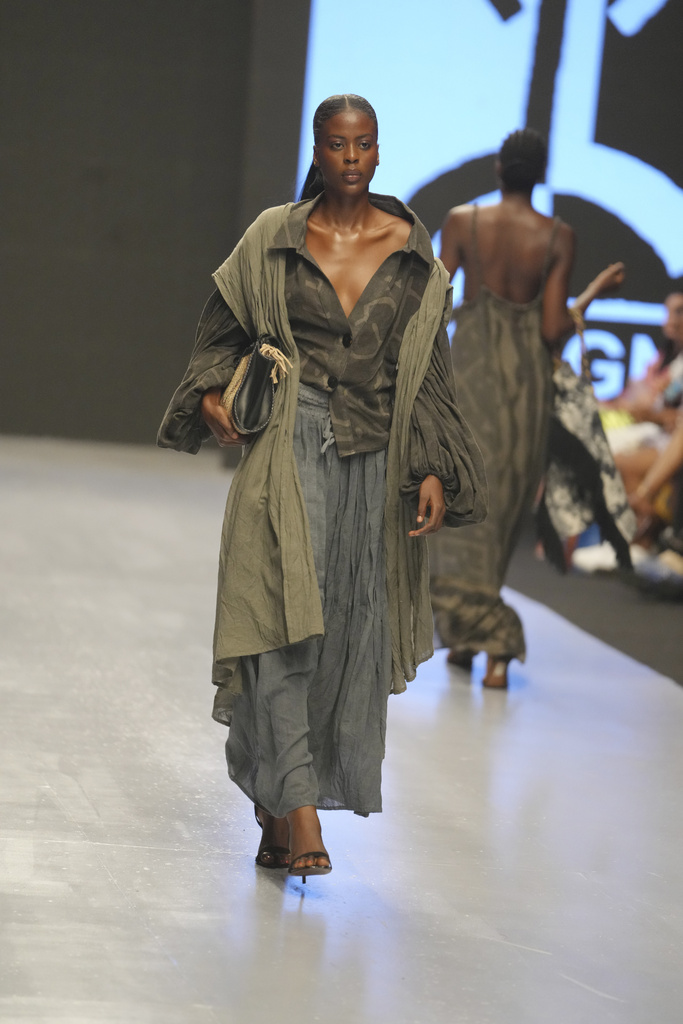

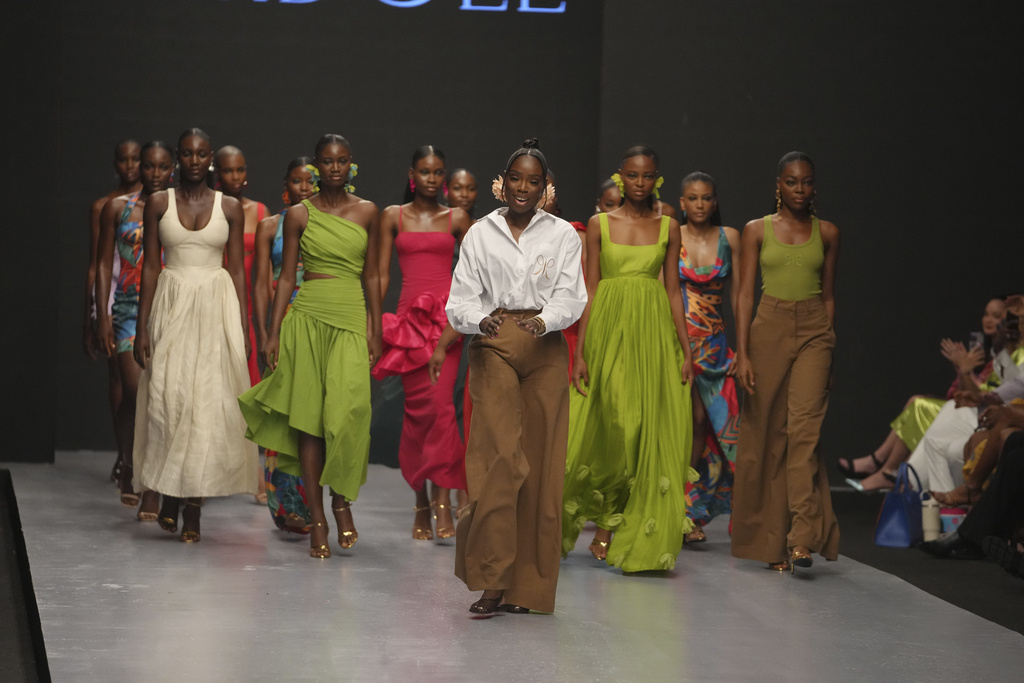
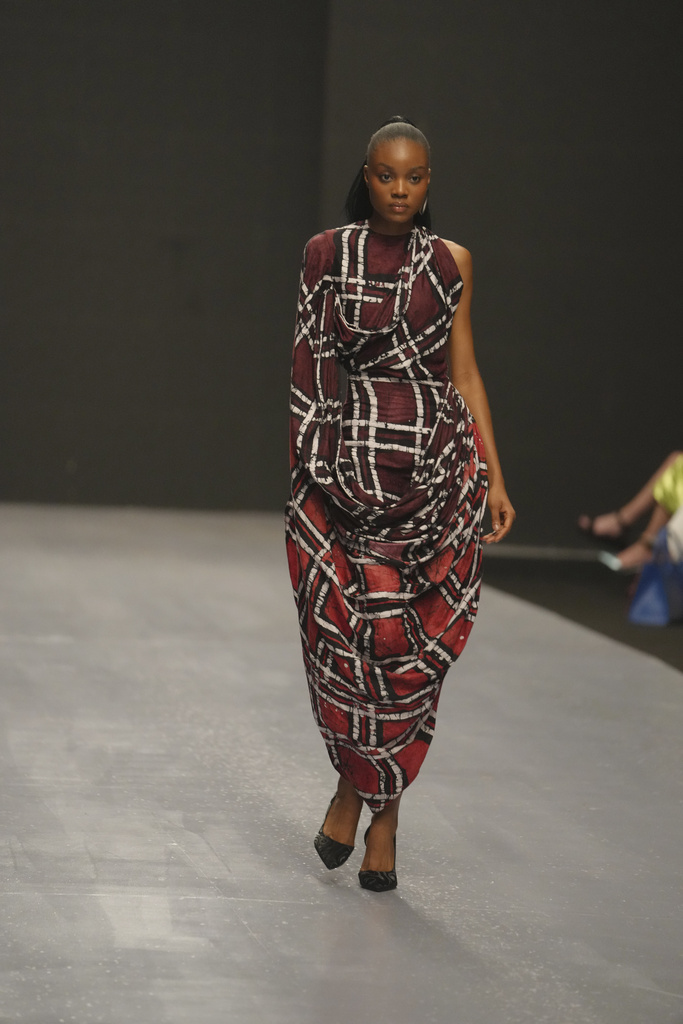
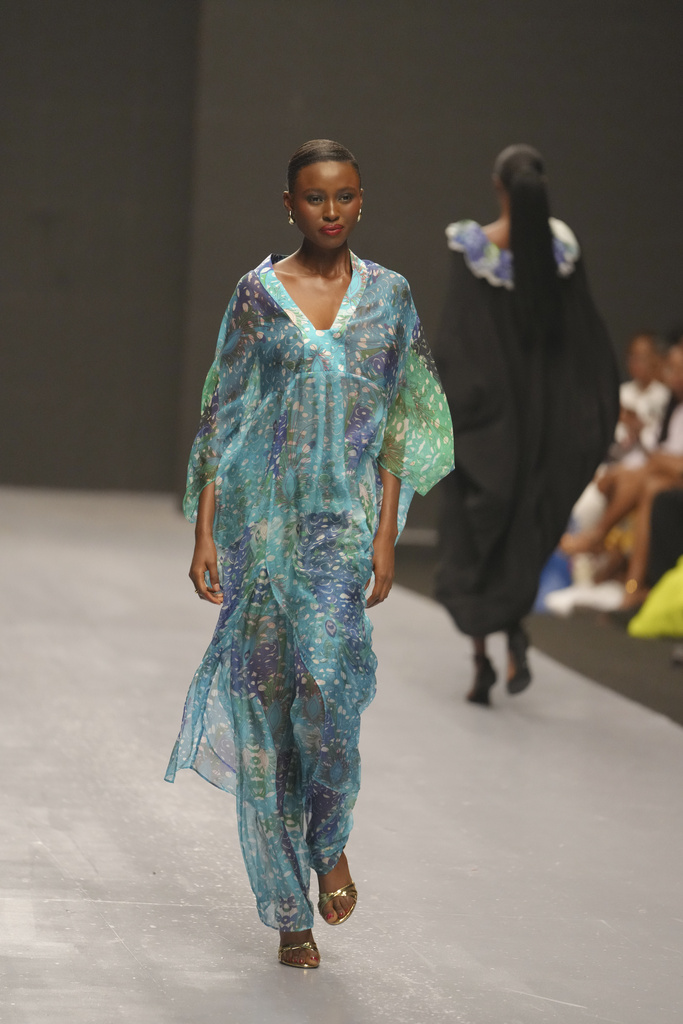
1. Lagos Fashion Week (LFW)
Lagos Fashion Week, established in 2011 by Omoyemi Akerele, is Nigeria’s most prestigious and widely recognized fashion event. The event is held annually in Lagos, the commercial capital of Nigeria. It has become the premier platform for showcasing African fashion on a global scale.
- Focus on Sustainable Fashion: LFW has a strong commitment to sustainability. The platform promotes eco-friendly practices, encouraging designers to use sustainable materials and methods. Through initiatives like the Green Access program, LFW highlights brands with environmentally conscious practices.
- Spotlight on African Talent: Lagos Fashion Week offers a stage for established African designers. It also supports emerging designers. This platform helps them reach international audiences. Notable designers like Lisa Folawiyo, Orange Culture, and Maki Oh have gained recognition, partly thanks to their showcases at LFW.
- International Collaborations: Lagos Fashion Week collaborates with international fashion entities, bringing in global industry players and media coverage. These partnerships have helped establish Nigeria as a vital player in the global fashion landscape.
2. Arise Fashion Week
Arise Fashion Week is another top-tier fashion event in Nigeria, known for its opulent presentations and emphasis on luxury fashion. Founded by Nduka Obaigbena, the publisher of ThisDay newspaper, Arise Fashion Week combines glamour with high fashion, making it one of the most talked-about events in African fashion.
- International Appeal: Arise Fashion Week regularly features international designers alongside Nigerian talent, fostering cross-cultural exchange. It has hosted global icons like Naomi Campbell, who has walked the runway and championed African fashion, bringing additional prestige to the event.
- Designer Highlights: The show has spotlighted African designers such as Ituen Basi, Kenneth Ize, and Tsemaye Binitie. These designers have become influential figures in fashion, known for blending African aesthetics with contemporary styles.
- Awards and Recognition: Arise Fashion Week celebrates the achievements of African designers through awards, adding a competitive edge and recognition that inspires designers to elevate their work.
3. GTBank Fashion Weekend
GTBank Fashion Weekend, organized by Guaranty Trust Bank, is unique in that it combines fashion with financial empowerment. It’s a free event open to the public, aiming to make fashion accessible to everyone while supporting local businesses and designers.
- Empowering Small Businesses: GTBank Fashion Weekend emphasizes empowering small businesses and entrepreneurs. The event provides exhibition spaces where small and medium-sized enterprises (SMEs) can showcase and sell their products.
- Workshops and Masterclasses: GTBank Fashion Weekend offers workshops and masterclasses led by industry experts from around the world. These sessions provide insight into fashion business, photography, design, and branding, contributing to the growth of Nigerian fashion talent.
- Inclusivity and Community Focus: By offering free entry and providing a platform for emerging designers, GTBank Fashion Weekend creates a sense of inclusivity, allowing people from all backgrounds to experience the creativity of Nigerian fashion.
4. African Fashion Week Nigeria (AFWN)
African Fashion Week Nigeria is part of the larger African Fashion Week brand, which operates in multiple countries to promote African designers and aesthetics. Founded by Ronke Ademiluyi, AFWN celebrates African heritage and aims to make African fashion more accessible globally.
- Celebration of African Textiles: AFWN is known for its emphasis on African textiles like Ankara, Aso Oke, and Adire, and for its focus on traditional African styles and patterns.
- Emerging Talent Platform: AFWN is a vital platform for emerging Nigerian and African designers, providing them with an opportunity to showcase their collections to a broader audience.
- Global Audience Reach: AFWN has helped introduce African fashion to global markets, with runway shows covered by international media outlets, and has promoted Nigerian designers in countries like the UK.
5. Native & Vogue Port Harcourt International Fashion Week
Native & Vogue Port Harcourt International Fashion Week is an annual event held in Port Harcourt, one of Nigeria’s major cities. This show emphasizes both fashion and regional culture, setting it apart from Lagos-based events.
- Regional Promotion: By hosting the event in Port Harcourt, Native & Vogue brings fashion closer to communities outside of Lagos, helping to promote fashion in various parts of Nigeria.
- Showcasing Indigenous Craftsmanship: The event emphasizes the use of indigenous materials and craftsmanship, promoting local artisans and traditional Nigerian designs.
- Economic Impact: Native & Vogue contributes to the local economy by attracting tourists and supporting local businesses in Port Harcourt.
6. Nigeria Fashion Week
Organized by Legendary Gold Limited, Nigeria Fashion Week is one of the oldest fashion events in the country. It focuses on the promotion of the Nigerian textile and garment industry.
- Promoting Nigerian Textiles: Nigeria Fashion Week highlights locally made textiles and promotes their use in contemporary fashion, supporting the Nigerian textile industry.
- Bringing Designers Together: The event attracts designers from across Nigeria and Africa, creating a space for networking and collaboration.
- Fostering Sustainability: Like Lagos Fashion Week, Nigeria Fashion Week also promotes sustainable fashion practices, encouraging designers to consider eco-friendly production methods.
Cultural Impact of Nigerian Fashion Shows
Nigerian fashion shows are not just about clothing; they reflect the country’s culture, traditions, and creativity. These events celebrate Nigerian heritage while pushing boundaries in fashion. Here are some cultural aspects that Nigerian fashion shows help promote:
- African Fabrics and Textiles: Nigerian fashion shows are known for the use of vibrant African fabrics, such as Ankara, Aso Oke, and Adire. Designers incorporate these materials into contemporary styles, giving traditional patterns a modern twist.
- Representation and Identity: These fashion events provide Nigerians and Africans a platform to express their unique cultural identity on a global scale. They promote African beauty standards, body positivity, and representation, allowing people to see themselves reflected in fashion.
- Breaking Stereotypes: By presenting high-quality designs and attracting international attention, Nigerian fashion shows help break down stereotypes about African fashion and creativity.
Economic Impact of the Nigerian Fashion Industry
Fashion shows in Nigeria contribute significantly to the economy by creating jobs, promoting local businesses, and attracting tourism.
- Job Creation: The fashion industry in Nigeria employs thousands of people, from designers and models to photographers and tailors. Fashion shows create direct and indirect employment, providing income for many Nigerians.
- Boosting Local Businesses: Nigerian fashion shows support local brands, artisans, and suppliers, helping them reach larger audiences. Events like GTBank Fashion Weekend, which allow small businesses to exhibit their products, are particularly beneficial.
- Tourism Attraction: Fashion shows attract tourists from around the world, which boosts the hospitality and service industries in cities like Lagos and Port Harcourt.
Challenges Facing Nigerian Fashion Shows
Despite their success, Nigerian fashion shows face several challenges:
- Funding: Organizing large-scale fashion events requires significant investment. Some shows struggle with funding, which affects their ability to secure venues, attract high-profile designers, and gain international exposure.
- Infrastructure: Inadequate infrastructure, such as unreliable electricity and limited transportation options, can make it challenging to host large-scale events.
- Logistics and Organization: Coordinating logistics for fashion shows, including securing venues, managing participants, and ensuring the event runs smoothly, can be complex, especially in regions with limited resources.
The Future of Nigerian Fashion Shows
The future of Nigerian fashion shows looks promising as the industry continues to grow. The emphasis on sustainability, inclusivity, and cultural heritage is setting a strong foundation for the future. Some potential developments include:
- Digital Expansion: With the rise of digital media, Nigerian fashion shows are likely to expand online, making virtual showcases more popular. This would allow designers to reach global audiences and reduce costs.
- Sustainable Practices: As environmental awareness grows, Nigerian fashion shows are expected to further integrate sustainable practices. This includes using eco-friendly materials and ethical production methods.
- Global Collaborations: Collaborations between Nigerian fashion brands and international designers or brands are likely to increase, creating new opportunities for cultural exchange and exposure.
- Increased Investment: As the industry gains international attention, more investors may see the potential of Nigerian fashion, leading to increased financial support for events and designers.
Nigerian fashion shows are redefining the global fashion landscape by combining cultural heritage with modern design. From the vibrant streets of Lagos to the cultural heart of Port Harcourt, these shows celebrate the creativity, resilience, and innovation of Nigerian designers. As they continue to grow in popularity and influence, Nigerian fashion shows have the potential to elevate African fashion on a global scale. They promote cultural exchange, economic growth, and sustainable practices. Whether you’re a fashion enthusiast, a designer, or a tourist, Nigeria’s fashion scene offers an exciting and dynamic world to explore.


